EDITORIAL
Published on 22 Dec 2022
Editorial: Conservation of invertebrates in agricultural landscapes
doi 10.3389/fevo.2022.1115196
- 2,145 views
- 2 citations
11k
Total downloads
61k
Total views and downloads
Select the journal/section where you want your idea to be submitted:
EDITORIAL
Published on 22 Dec 2022
ORIGINAL RESEARCH
Published on 15 Dec 2022
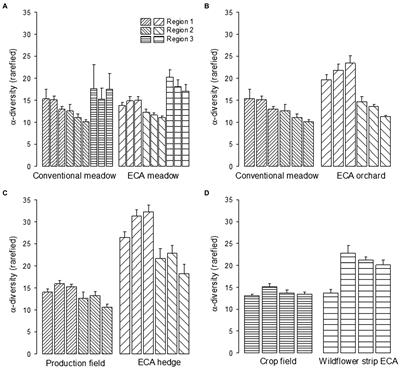
REVIEW
Published on 22 Jul 2022

ORIGINAL RESEARCH
Published on 18 Jul 2022
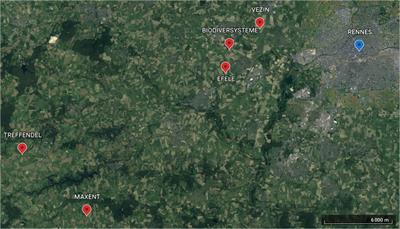
ORIGINAL RESEARCH
Published on 11 Jul 2022

ORIGINAL RESEARCH
Published on 08 Jun 2022
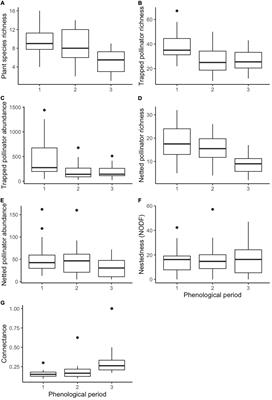
REVIEW
Published on 06 Jun 2022
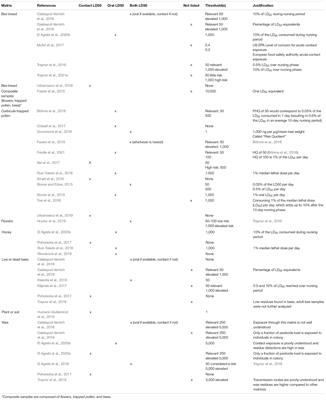
ORIGINAL RESEARCH
Published on 23 May 2022
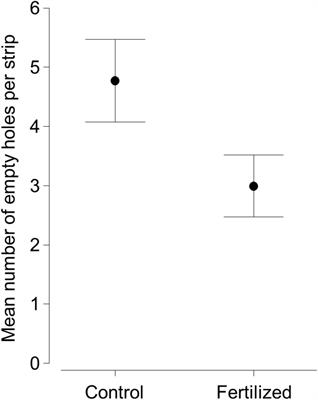
ORIGINAL RESEARCH
Published on 10 May 2022
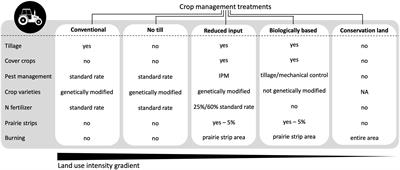
ORIGINAL RESEARCH
Published on 07 Apr 2022
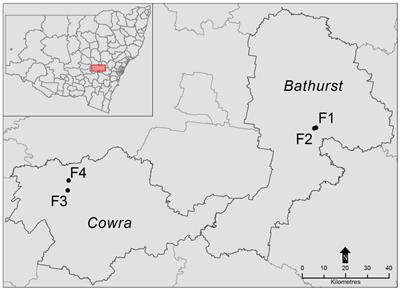
ORIGINAL RESEARCH
Published on 07 Mar 2022
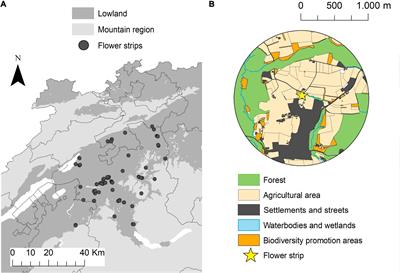
ORIGINAL RESEARCH
Published on 23 Feb 2022
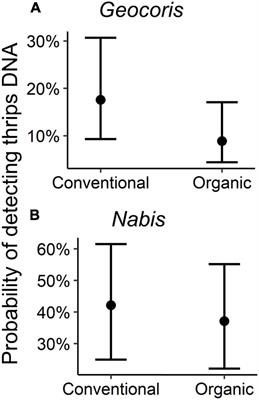

Frontiers in Agronomy
Frontiers in Environmental Science
Conservation and Restoration EcologyOffline